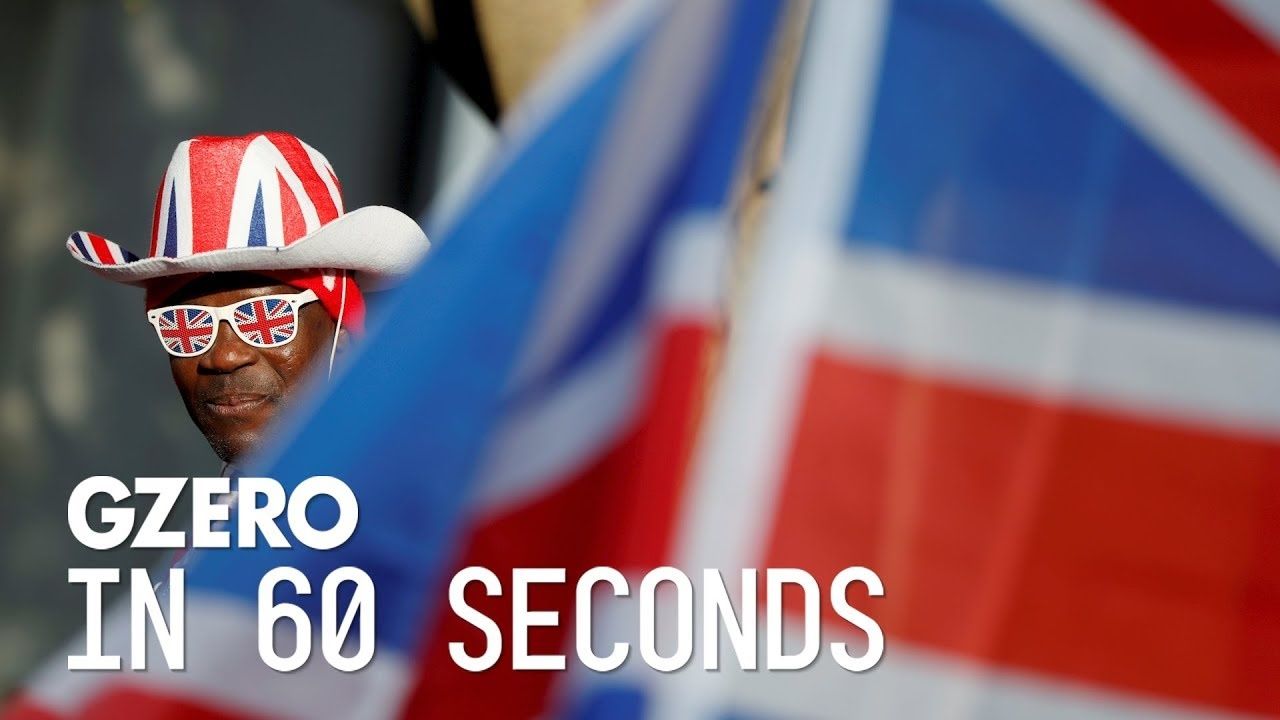
David Miliband: I think that the general election is going to produce a more polarized parliament. The Conservative Party is going to elect a parliamentary party that is more uniformly Brexitier, with less room for people in the middle ground. And obviously on the Remain side, there is going to be a greater commitment, I think, to follow through on a referendum. Whether or not that will resolve the Brexit saga is a matter of how you think the election will resolve. Boris Johnson obviously thinks that the odds are in his favor and the bookmakers agree with him. But he faces an uphill struggle in Scotland. He's got the Lib Dems snapping at his heels and he's going to have to make up quite a bit of ground in Labour seats. The Labour people I'm talking to feel that they can make sure that the election doesn't just become a referendum on Jeremy Corbyn, who can, in fact, be about bigger issues for the future of the country.
Lord William Hague: Is a general election on 12th of December going to deepen or resolve a crisis? I would say it's a reasonable bet that it will resolve the crisis, but of course it might not. The parties that wanted to remain in the EU, like the Liberals and the Scottish Nationalists, decided they couldn't get a referendum through the current parliament. So, the only way to remain is to have an election. And the conservatives decided they couldn't get their deal through with the current parliament. So, the only way to leave with this deal is to have an election. And the Labour Party has been left pretending that it wants an election when really it didn't. So, it's more than 50 percent likely it will help to resolve the crisis. It depends on the results.